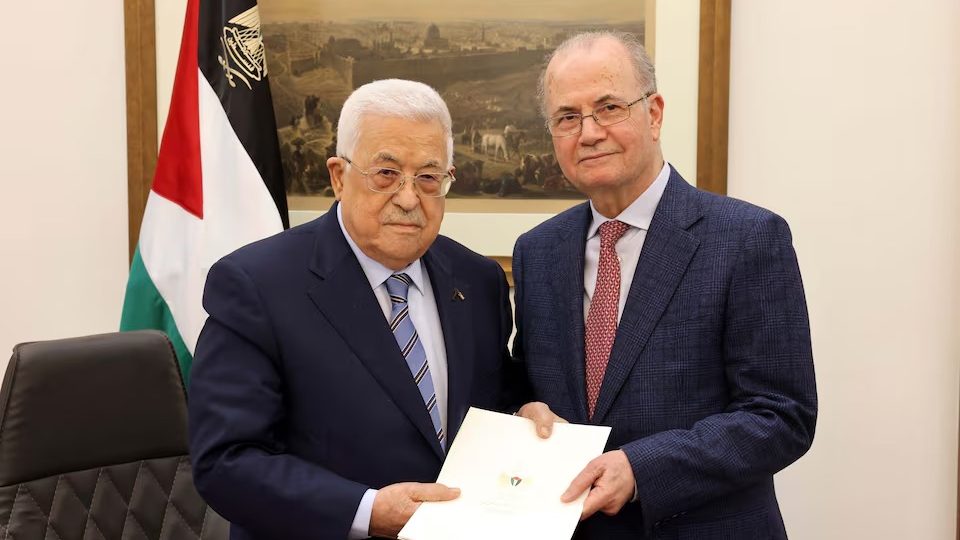Palestinian President Mahmoud Abbas on Thursday appointed Mohammad Mustafa, his longtime economic adviser, as the next prime minister of the Palestinian Authority (PA)
Mustafa, a US-educated economist and politically independent, will lead a technocratic government in the West Bank region that could potentially pave the way for Gaza’s statehood plans, Reuters reported.
The development has come against the backdrop of the US pushing for reforms in the Palestinian Authority as part of Washington’s postwar vision for Gaza. Presently, it is unclear whether the appointment of a new Cabinet led by a close Abbas ally would be sufficient to meet US demands for reform, as the 88-year-old president would remain in overall control.
“The change that the United States of America and the countries of the region want is not necessarily the change that the Palestinian citizen wants,” Palestinian political analyst Hani al-Masri said in a
In an official statement, President Abbas asked the newly appointed Prime Minister to put together plans to re-unify administration in the West Bank and Gaza, lead reforms in the government, security services, and economy and fight corruption.
Mustafa’s foray into politics
Born in 1954 in the West Bank town of Tulkarem, Mustafa earned a doctorate in business administration and economics from George Washington University. Previously, he served in various capacities including senior positions at the World Bank and as deputy prime minister and economy minister. At present, he is the chairman of the Palestine Investment Fund (PIF).
The previous prime minister, Mohammad Shtayyeh, resigned along with his government last month, saying different arrangements were needed because of the “new reality in the Gaza Strip.”
Established in the 1990s, the Palestinian Authority works towards interim peace agreements and was envisioned as a stepping-stone to eventual statehood.
The peace talks between Palestine and Israel repeatedly collapsed, most recently with Netanayahu’s return to power in 2009. Meanwhile, Hamas captured power in Gaza from forces loyal to Abbas in 2007, confining his limited authority to major population centers that account for around 40 percent of the Israeli-occupied West Bank.
Notably, Abbas is deeply unpopular among Palestinians, many of whom view the PA as little more than a subcontractor of the occupation because it cooperates with Israel on security matters. His mandate ended in 2009 but he has refused to hold elections, blaming Israeli restrictions.
It is noteworthy that Abbas, unlike his Hamas rivals, recognises Israel, has renounced armed struggle, and is committed to a negotiated solution that would create an independent Palestinian state alongside Israel.

